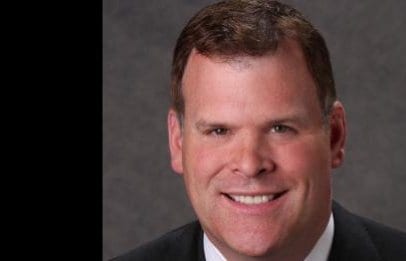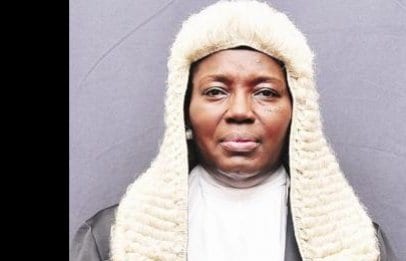
John Baird has criticized Uganda for its anti-gay legislation. Credit: xtra files
A war of words has erupted between Foreign Affairs Minister John Baird and a representative of the Ugandan government over the issue of gay rights.
Rebecca Kadaga, the speaker of the Ugandan parliament, admonished the Canadian government Oct 25 in front of the Inter-Parliamentary Union conference in Quebec City. She styled Baird’s support for gay rights as a colonial attitude aimed at “forcing the people of Uganda to embrace homosexuality.”
The administration of President Yoweri Museveni has been chided repeatedly for its positions on gay rights. His government has established some of the world’s most strongly worded anti-gay legislation, including one bill that – if passed – would establish the death penalty for homosexual Ugandans. Baird condemned Uganda’s anti-gay legislation this week in an address to the conference.
Kadaga made her remarks during a three-minute reply to Baird’s speech to the delegations. She addressed the controversy over one piece of legislation that was introduced in her parliament – which has been dubbed the “Kill the Gays” bill – saying “I will not stop the private member’s bill from going ahead.”
Her nearly four-minute speech was met with a smattering of applause from the attendees, who come from parliamentary democracies worldwide.
“On behalf of the Uganda delegation and the people of Uganda, I protest in the strongest terms the arrogance exhibited by the foreign minister of Canada,” Kadaga told the plenary during the opening session, “who spent his entire presentation attacking Uganda and promoting homosexuality.
“I was not aware that we had been invited here to promote homosexuality,” she said.
Kadaga was reacting to Baird’s pointed criticism of the Ugandan government.
In his speech, Baird decried countries that still have laws criminalizing homosexuality, especially those that are enforced and carry “draconian punishment and unspeakable violence.”
Baird cited the example of David Kato, a Ugandan gay rights activist who was bludgeoned to death in his home. Meanwhile, Kadaga said Kato’s death was “a crime of passion,” echoing her government’s line that Kato was killed by a male sex worker who he had not paid.
But Baird took the more common line that Kato “faced constant death threats because of his work and sexual orientation,” adding that a Ugandan newspaper published a picture of Kato, along with other homosexuals, with the headline “Hang them.”
Baird acknowledged that bringing up such an example brought “the discomfort of the people sitting across the table.” Undaunted, he proclaimed that “Canada will speak out.”
He called on Uganda, and countries that have similar laws, to repeal them and “protect its people regardless of sex, sexuality or faith.”
He shrugged off Kadaga’s comments in a scrum later in the day. “Sometimes the truth hurts,” he told reporters.
Nova Scotia Senator Donald Oliver, the president of the Canadian IPU group, chaired the IPU meeting. While he can’t recall the specifics of Kadaga’s comments, he says that the document the IPU is drafting – the Quebec Declaration – has “rubbed some the wrong way.”
It is focusing on establishing “rules and procedure for advancing tolerance,” especially in the fields of linguistic and cultural matters – which includes rights for sexual minorities. Some delegations have “difficulties with that kind of language,” Oliver says.
While some may object, Oliver is optimistic that “most parliaments . . . will accept those principles.”
The draft version of the declaration is set to be published Oct 26. Xtra is following this story.
In the video below Victor Mukasa speaks about the corrective rape he endured while living in Uganda.


 Why you can trust Xtra
Why you can trust Xtra


